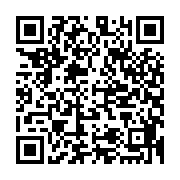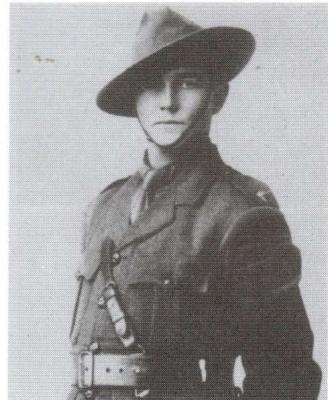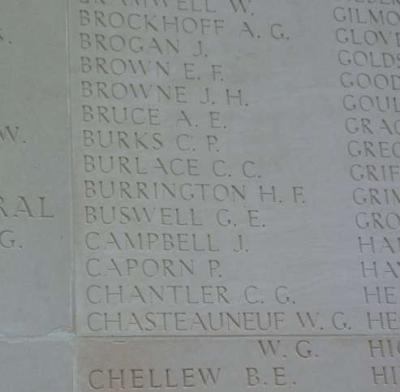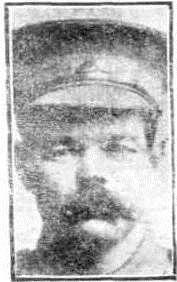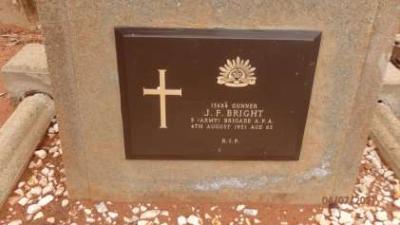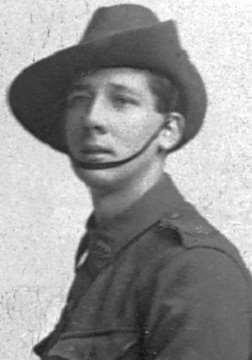Not Forgotten, 7097 Corporal Wesley John COOKE, 16 Battalion AIF, World War 1
Commemoration of the military service of 7097 Corporal Wesley John Cooke, 16 Battalion AIF, died of wounds 31 March 1918.
Private Wesley Cooke, a farmer at Cowcowing, was born in Bunbury, the son of John Henry and Emily Cooke of Cowcowing. On 9 August 1916 Private Wesley Cooke enlisted at the age of 20 at Perth and was placed in the 16th Battalion. As he was under 21, Wesley Cooke’s parents had to give their consent for him to enlist, and they both signed the letter giving consent.
The 16th Battalion AIF was raised from 16 September 1914, six weeks after the outbreak of the First World War. Three-quarters of the battalion
were recruited in Western Australia, and the rest in South Australia. With the 13th, 14th and 15th Battalions it formed the 4th Brigade commanded by Colonel John Monash and served on the Gallipoli Peninsula until the evacuation in December 1915. After the withdrawal from Gallipoli, the battalion returned to Egypt and the AIF was expanded and reorganized, being split and providing experienced soldiers for the 48th Battalion.
In June 1916 the battalion sailed for France and the Western Front and from then until 1918 took part in trench warfare. Wesley Cooke embarked from Fremantle on HMAT A35 Berrima on 23 December 1916, arriving in England on 16 February 1917 and taken on strength with the 16th Battalion in France on 16 June 1917. The battalion spent much of that year in Belgium advancing to the Hindenburg Line and in March and April 1918 helped to stop the German Spring offensive. For Wesley Cooke, 1917 saw him promoted to corporal in August and wounded in Belgium on 23 October but at this time he was able to remain at duty.
In early 1918 Wesley Cooke was on leave. Corporal Wesley Cooke sustained a gunshot wound to the thigh on 29 March 1918 and on the 30 March he was admitted to the 2/1 West Riding Field Ambulance and transferred to the 3rd Canadian Casualty Clearing Station where he died on 31 March 1918. Army Base Records passed on information from the O.C. No 3 Canadian Stationary Hospital via the Australian Red Cross that Wesley Cooke was in a poor condition when he arrived at the hospital and everything possible was done for him. He was made as comfortable as could have been done in any hospital as they were very well equipped but despite the efforts of the surgeons Wesley Cooke died of his wounds. He was given a full military funeral and attended before and after death by the Chaplain attached to the hospital.
Corporal Cooke is buried at Doullens Communal Cemetery Extension in France. The personal effects of Wesley Cooke were being sent back to his family in Australia on the S.S. Barunga which was lost at sea with all cargo as a result of enemy action.
Wesley Cooke had a brother, Lieutenant Leonard Charles Cooke M.C. of the 11th Battalion who was killed in action on 7 October 1917. Corporal Wesley Cooke was awarded the British War Medal and the Victory Medal. His name is not listed on the Dowerin War Memorial, although his brother’s name is. Both Wesley and Leonard Cooke are listed on the Wyalkatchem War Memorial.
Details
Details
When the Great War broke out in Europe in 1914, Dowerin was an isolated farming district, several days travel by horse or by coach from Perth. Over the succeeding four years at least 176 men and one nurse served in the armed forces of the Empire. The names of the men who served can be read on the Honour Roll in the Dowerin Town Hall or can be accessed on the museum section of the Shire of Dowerin website.
Fifty-one men from the district died in the Great War and their names are inscribed on the Dowerin War Memorial which was unveiled on ANZAC Day 1936. Subsequent conflicts have seen more names memorialised and each ANZAC Day their sacrifice is honoured and remembered by the community.
For some years Diane Hatwell had been intrigued by the names on the Dowerin War Memorial. Some were familiar with the families still in the district but some not so. Diane felt It was important for the community that when we said each ANZAC Day “We will remember them”, we had some idea of who and what we are remembering. She set about, to find out who they were, what they were doing in the Dowerin district, and where and how they died. These pages presented through Collections WA represent the current state of this ongoing research and community response.
Open in Google Maps
Nearest geotagged records:
Other items from Dowerin District Museum
- Not Forgotten, 882 Lieutenant Leonard Charles COOKE MC, 11 Battalion AIF, World War 1
- Not Forgotten, 3132 Private Frank James CARD, 48 Battalion AIF, World War 1
- Not Forgotten, 4758 Private George Edward BUSWELL, 48 Battalion AIF, World War 1
- Not Forgotten, 2838A Private Albert George BROADBENT, 5 Pioneer Battalion AIF, World War 1
- Not Forgotten, 13684 Gunner James Frederick BRIGHT, 3 Field Brigade Ammunition Column AIF, World War 1
- Not Forgotten,4732 Acting Corporal John Livingstone BENNETT, 11 Battalion AIF, World War 1
- Not Forgotten. 200 Private Harold Reeve BEECHEY, 16 Battalion AIF, World War 1, and 1368 Private Christopher William Reeve BEECHEY, 4 Field Ambulance AIF, World War 1
- Not Forgotten. 7682 Private Alfred Edward AINSWORTH, 51 Battalion, World War 1
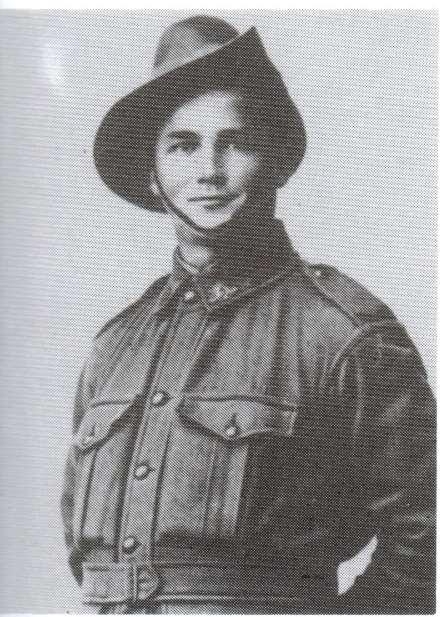
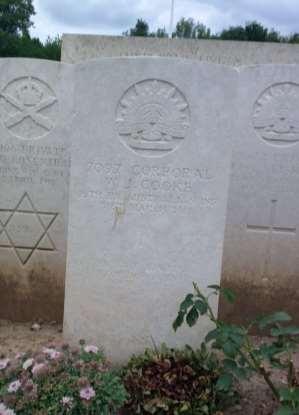
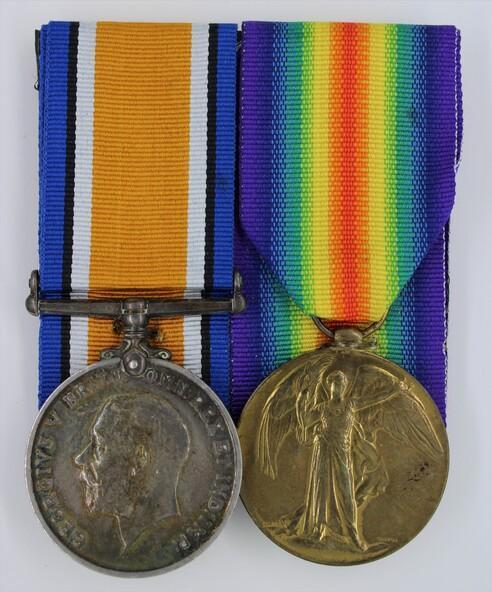
Scan this QR code to open this page on your phone ->
